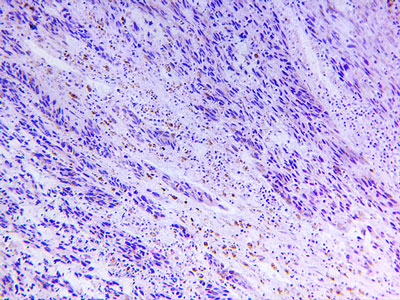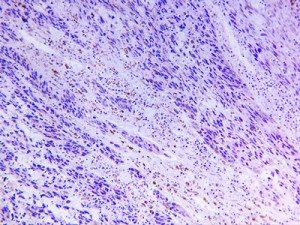NICE recommends melanoma drug pembrolizumab
Posted: 7 September 2015 |
NICE has recommended that pembrolizumab is made available on the NHS as a treatment for some patients with advanced melanoma which is either unresectable or metastatic…


The National Institute for Health and Care Excellence (NICE) has recommended that MSD‘s pembrolizumab (Keytruda) is made available on the NHS as a treatment for some patients with advanced melanoma which is either unresectable or metastatic.


Pembrolizumab has a marketing authorisation in the UK as monotherapy ‘for the treatment of advanced (unresectable or metastatic) melanoma in adults’. This is broader than the indication covered by this appraisal which looked at using pembrolizumab in people who had already had ipilimumab. Pembrolizumab is recommended after the disease has progressed with ipilimumab and, for BRAF V600 mutation-positive disease, a BRAF or MEK inhibitor. The recommendation is also subject to MSD providing pembrolizumab with the discount agreed in the patient access scheme.
Pembrolizumab first drug approved through Early Access to Medicine Scheme
Pembrolizumab was the first drug to be approved through the MHRA’s Early Access to Medicine Scheme (EAMS). The scheme aims to give patients with life threatening or seriously debilitating conditions access to medicines that do not yet have a marketing authorisation when there is a clear unmet medical need.
Professor Carole Longson, Health Technology Evaluation Centre Director said, “We are pleased to be able to recommend pembrolizumab, the first EAMS drug, in final draft guidance. In 2011, over 13,000 people were diagnosed with skin cancer in the UK, and it accounts for more cancer deaths than all other skin cancers combined. I am sure this will be welcome news to patients and healthcare professionals alike.”
Life science minister George Freeman said, “I am delighted that Merck, Sharp & Dohme has decided to use the Early Access to Medicines Scheme to accelerate access for our NHS patients. The Accelerated Access Review will also make practical recommendations to further increase the pace of getting innovative products to patients.”
The draft guidance is now with consultees, who have the opportunity to appeal against it.
Related organisations
MSD, National Institute for Health and Clinical Excellence (NICE)




